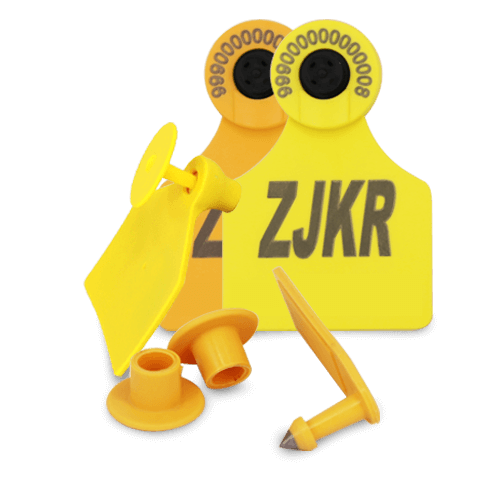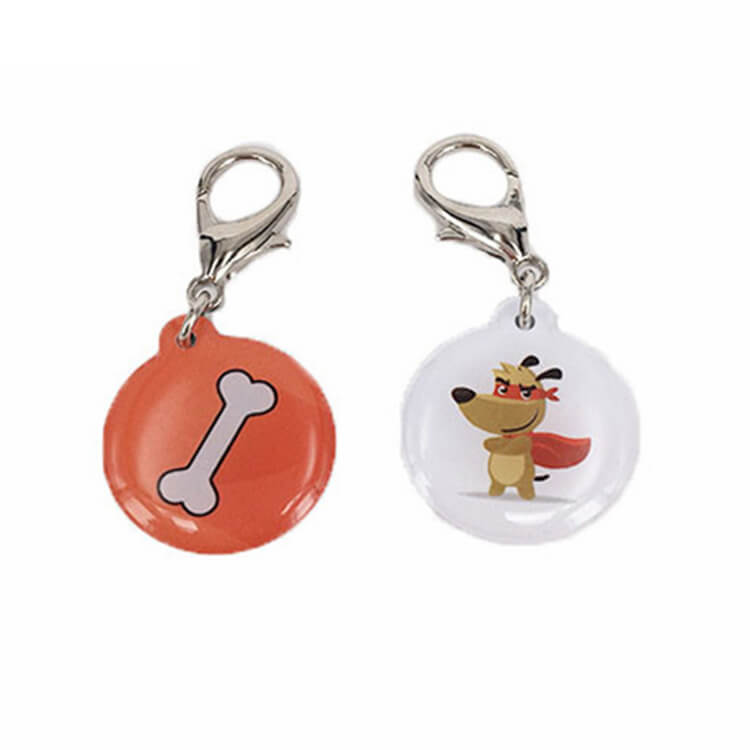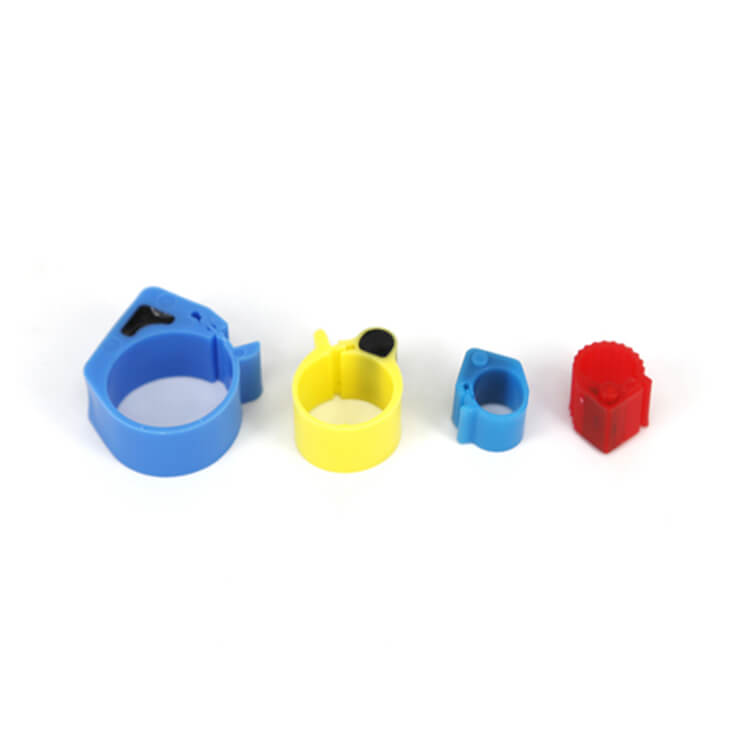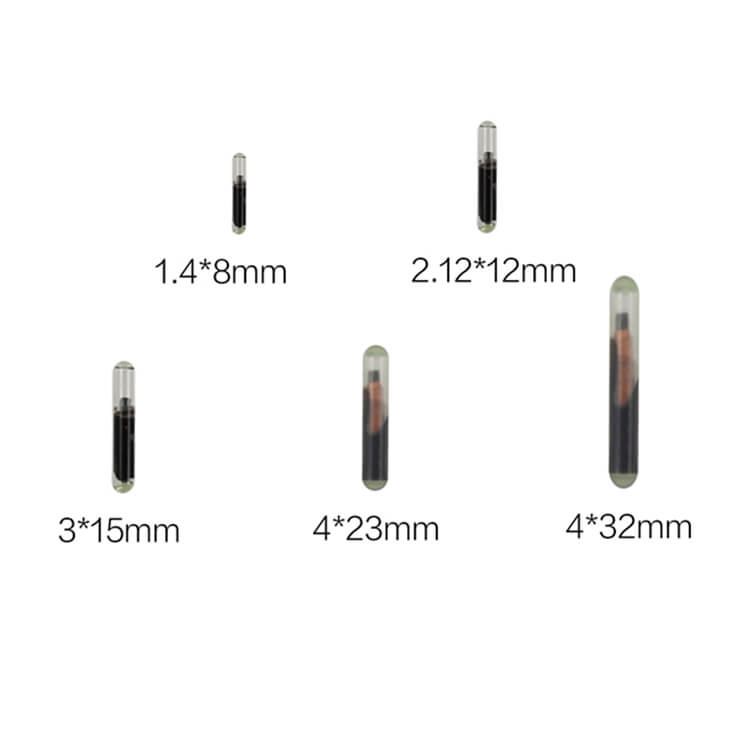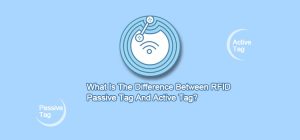- Animal Identification and Tracking
If you have a large farm or ranch with many animals, RFID tags can help you track them. You can use the tags to identify each animal and track its movements and location. This way, you can better manage your livestock and improve herd health.
It is also critical in preventing theft and detecting missing animals. Whenever one of your animals moves away from the RFID jurisdiction, you will receive an alert. You can then investigate the situation and find the animal.
- Animal Breeding and Management
RFID tags are used for animal breeding and management. You can use them to track their parentage, age, weight, and health condition. This information can help you make better breeding decisions and improve the overall health of your herd.
In addition, RFID tags can help you keep track of animals’ vaccination records. When an animal needs to be vaccinated, you can look up its vaccination history in the RFID database.
RFID animal tags are essential for improving animal welfare. They can be used to monitor the animal’s environment and send alerts if the conditions are not ideal. For example, if the temperature in the animal pen is too high or low, you will be alerted.
You can also use RFID tags to monitor the animal’s health. You can use them to track the animal’s vital signs and send alerts if there are any changes. This way, you can quickly identify and treat any health problems.
- Food Safety and Animal Welfare
RFID tags are critical in improving food safety and animal welfare. By tracking the movement of animals, processors can better ensure that they do not process sick or injured animals for human consumption. RFID tags can also help reduce the spread of disease by identifying animals that have been in contact with infected animals.
In addition, RFID tags can track food products made from animals. This information can help processors recall contaminated products and prevent them from reaching consumers.
RFID animal tags also enable animal behavior studies. By tracking the movements of animals, researchers can better understand their behavior and habits. This information can help researchers develop new ways to manage and protect animals.
Animal shelters often use RFID tags to identify and track the animals in their care. This information can help shelters reunite lost animals with their owners and find homes for adoptable animals.
The tags are also essential in keeping track of the vaccination records of shelter animals. This information can help ensure that shelter animals are up-to-date on their vaccinations and prevent the spread of disease.
Shelters can also use RFID tags to monitor the health of their animals. By tracking the vital signs of shelter animals, staff can quickly identify and treat any health problems.

